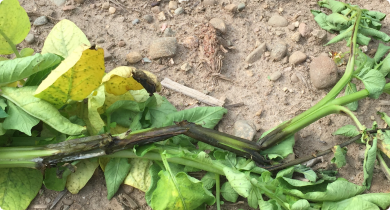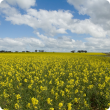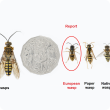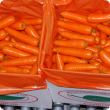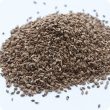Diseases
Diseases have a detrimental effect on plants and animals and impact on market access and agricultural production. Diseases include micro-organisms, disease agents (bacteria, fungi and viruses), infectious agents, parasites and genetic disorders.
Western Australia is free from some of the world's major agricultural and livestock diseases. Biosecurity measures on your property are vital in preventing the spread of diseases.
The Department of Primary Industries and Regional Development provides:
- biosecurity/quarantine measures at the WA border to prevent the entry of plant and animal diseases
- post border biosecurity measures for harmful animal and plant diseases
- advice on widespread diseases present in the state.
For advice on animal and plant diseases search our website, the Western Australian Organism List or contact our Pest and Disease Information Service (PaDIS).
For diagnostic services, please contact our Diagnostic Laboratory Services.
Articles
Filter by search
Filter by topic
- Crops (6) Apply Crops filter
- (-) Remove Production & postharvest filter Production & postharvest
- Grains (4) Apply Grains filter
- Pests (3) Apply Pests filter
- Horticulture (3) Apply Horticulture filter
- Crop diseases (3) Apply Crop diseases filter
- Grains research & development (3) Apply Grains research & development filter
- Vegetables (2) Apply Vegetables filter
- Pest insects (2) Apply Pest insects filter
- Postharvest (2) Apply Postharvest filter
- Pastures (1) Apply Pastures filter
- Nursery & cutflowers (1) Apply Nursery & cutflowers filter
- Plant nutrition (1) Apply Plant nutrition filter
- Sowing (1) Apply Sowing filter
- Weeds (1) Apply Weeds filter
- Irrigated crops (1) Apply Irrigated crops filter
- Biosecurity (1) Apply Biosecurity filter
- Biosecurity & quarantine (1) Apply Biosecurity & quarantine filter
- Barley (1) Apply Barley filter
- Breeding & varieties (1) Apply Breeding & varieties filter
- Canola (1) Apply Canola filter
- Carrots (1) Apply Carrots filter
- Harvesting (1) Apply Harvesting filter

